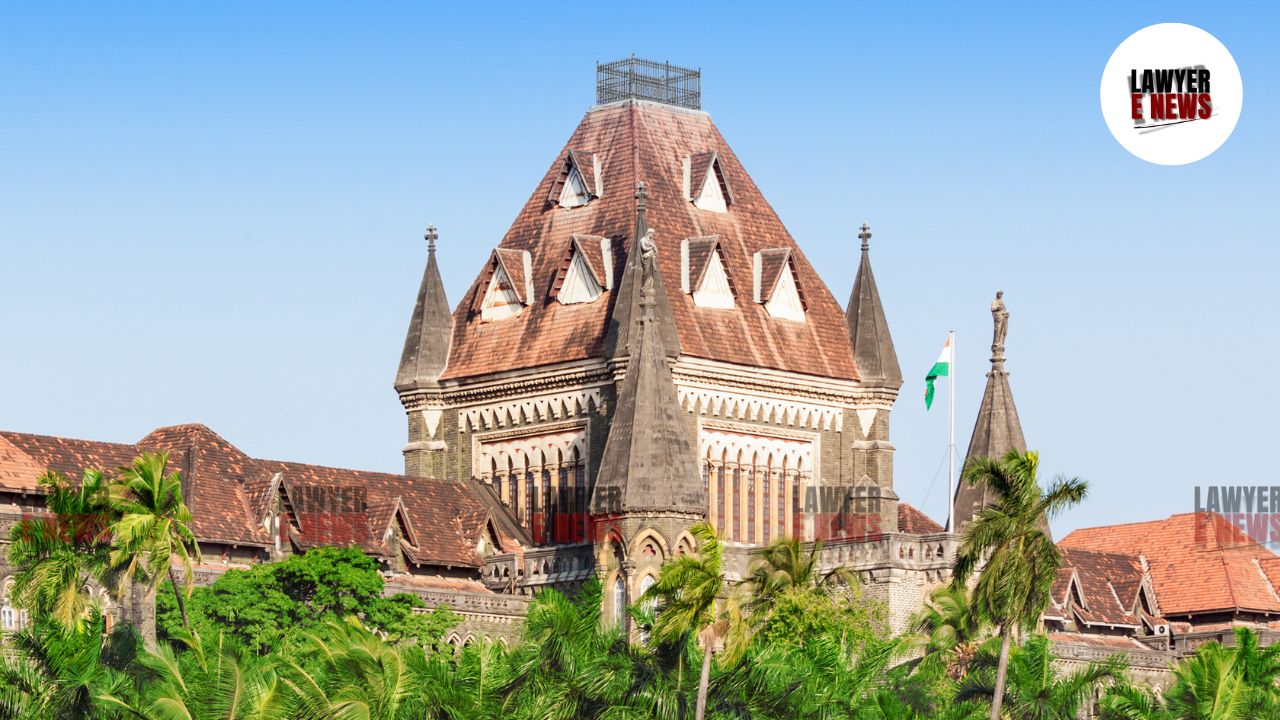-
by Admin
17 December 2025 4:09 PM



Nagpur Bench of the Bombay High Court delivered a significant judgment in Sikandar Somsingh Chavhan v. State of Maharashtra & XYZ (Victim), acquitting the appellant in a case involving charges under Section 376(2)(l) of the Indian Penal Code (IPC) and Sections 3, 4, 5(k), and 6 of the Protection of Children from Sexual Offences Act, 2012 (POCSO Act). Justice G. A. Sanap highlighted procedural lapses, inconsistencies in evidence, and the failure of the prosecution to establish foundational facts beyond a reasonable doubt. The Court ruled that the statutory presumption under Section 29 of the POCSO Act could not apply without foundational proof, leading to the acquittal of the accused.
"Section 29 of POCSO Act Cannot Trigger Without Foundational Evidence"
The case stemmed from allegations that the appellant committed sexual assault on a deaf and mute minor girl in a village during a marriage celebration on April 18, 2018. The trial court had convicted the appellant, sentencing him to 10 years’ rigorous imprisonment. The High Court, however, reversed the conviction, emphasizing the prosecution’s failure to establish key elements of the crime.
Justice Sanap clarified: "The presumption under Section 29 of the POCSO Act is not an absolute presumption. It is a rebuttable presumption triggered only when the foundational facts are established by the prosecution beyond reasonable doubt." The Court noted that in this case, the evidence failed to support the foundation of the prosecution’s charges.
The High Court meticulously analyzed the evidence presented by the prosecution, identifying several inconsistencies:
The medical examination of the victim revealed no external or genital injuries consistent with a forcible assault. While the hymen was found absent, the medical officer testified that the absence could indicate prior sexual activity unrelated to the alleged incident. The Court observed:
"If the incident, as narrated, had occurred, there ought to have been multiple injuries on the person of the appellant as well as the victim. The absence of such injuries raises doubt about the occurrence of the incident."
The incident allegedly occurred on April 18, 2018, but the FIR was lodged on April 21, 2018. The Court found the delay unexplained, noting:
"Delay in lodging the FIR often leads to embellishment or afterthought. In this case, the unexplained delay raises serious doubts about the veracity of the allegations."
The victim alleged that the appellant lifted her from a cot in front of her house during a celebration attended by numerous villagers, with music played by a DJ band. The Court found it improbable that such an act could occur unnoticed:
"In the backdrop of the evidence and the admitted facts, it is hard to believe that the appellant would lift the victim and take her away in the presence of so many people."
The victim, a 17-year-old, testified that she neither resisted nor raised an alarm. The Court remarked:"If the victim had been forcibly lifted, she would have resisted, causing injuries to herself or the appellant. The absence of any signs of struggle is inconsistent with the prosecution’s narrative."
The Court criticized the prosecution for failing to examine Dinesh Pawar, an independent witness who allegedly saw the appellant with the victim near the cattle shed. Justice Sanap noted:
"The non-examination of this witness leaves a vacuum in the prosecution's case and further weakens its credibility."
"Prosecution's Case Dented by Numerous Lacunae"
The Court highlighted several procedural and evidentiary shortcomings, including the failure to record the victim's statement under Section 164 of the Code of Criminal Procedure (CrPC) and the lack of corroborative forensic evidence. The judgment emphasized:
"The prosecution has failed to connect all the dots by leading cogent and concrete evidence. The evidence on record creates a doubt in the mind of the Court about the occurrence of the incident."
The defense argued that the allegations stemmed from prior enmity and a false implication to suppress a complaint lodged by the appellant's mother against the victim's father. The Court found merit in this argument, observing that the prosecution had failed to rule out the possibility of fabrication.
Allowing the appeal, the High Court set aside the conviction and sentence. It ordered the appellant's immediate release unless required in other cases. Justice Sanap concluded:
"Sympathy for the victim cannot override the requirement of proof beyond a reasonable doubt. The appellant deserves the benefit of the doubt, and the prosecution's failure to establish foundational facts makes the presumption under Section 29 of the POCSO Act inapplicable."
The Court also commended Ms. Neeraja Choubey, the advocate appointed to represent the victim, for her able assistance and directed the High Court Legal Services Sub-Committee to pay her fees.
Date of Decision: November 26, 2024
